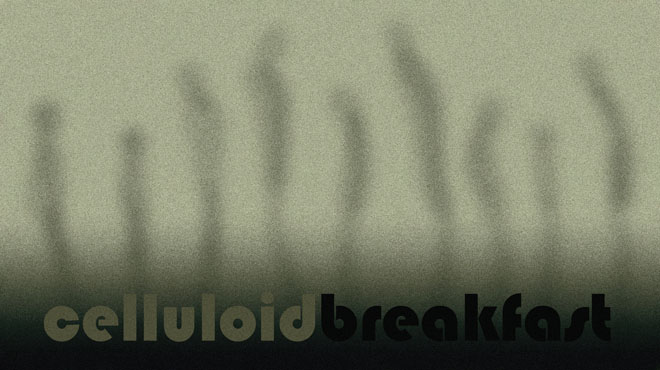Rainer Werner Fassbinder’s first feature film is quite a spectacle, demonstrating a surprisingly advanced cinematic style apparently not appreciated in its own time. Flaunting a heavy influence from the theatre, in particular the colder aspects of Bertolt Brecht’s oeuvre, Love Is Colder Than Death feels as revolutionary as Reservoir Dogs but is nowhere near as boisterous. Fassbinder himself plays Franz, a petty criminal who resists the lure of a secure position in the mob in favour of a life free of a higher power. Shortly after, we are introduced to Bruno, a man in a similar position who seems more interested in Franz’s decision than his own. Along with Franz’s moll Joanna, they circulate the city on a restrained crime spree, ultimately challenging their own relationships more than the law.
The film often feels too aloof for its own good, but there are moments of natural warmth, particularly with the musical choices, and it does successfully pastiche the less fluent gangster flicks of bygone years. The three leads play their roles with élan, harking back to the better nouvelle vague pictures, and demonstrating what was to be a fruitful rapport between Fassbinder and his two main actors, Hanna Schygulla and Ulli Lommel. Those dreading a completely stoical experience will be happy to learn that the film does elicit a few laughs, particularly when the trio loot their way through a supermarket to a bizarre interpretation of Strauss’ Der Rosenkavalier, but whether this was the original intended effect is another matter.






No comments:
Post a Comment